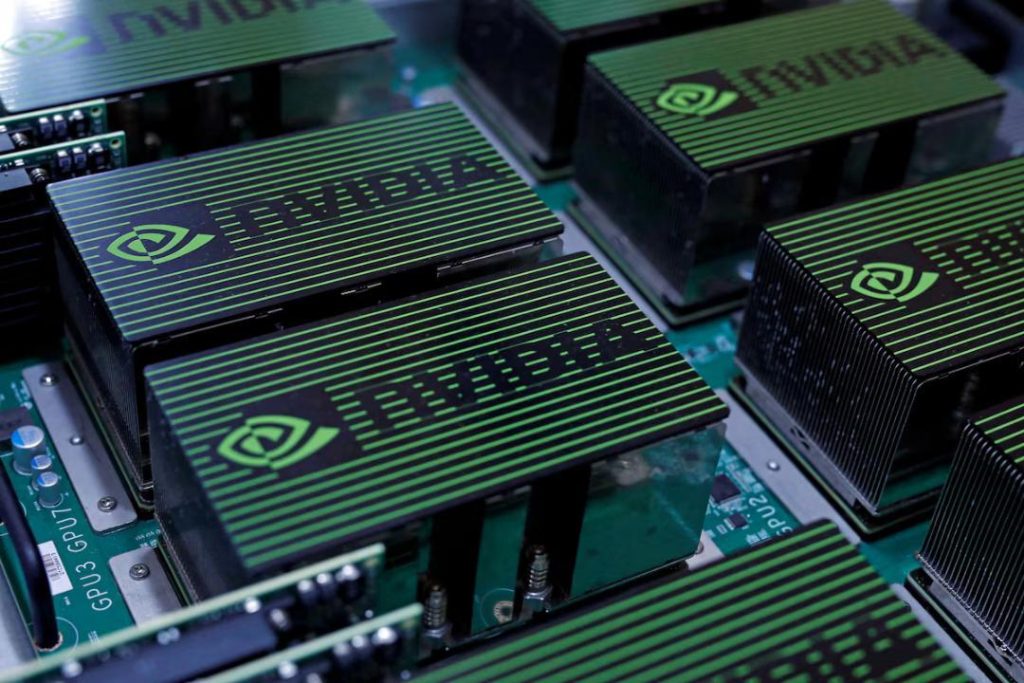
Nvidia Develops AI Chip that Outperforms H20 for China: Report
Nvidia, a leading American technology company, is reportedly developing a new AI chip, B30A, specifically designed for the Chinese market. According to sources, this chip will surpass the performance of H20, a flagship AI chip that the US government recently allowed Nvidia to sell in China. This development comes as a significant move for Nvidia to maintain its market share in the highly competitive Chinese AI market.
The news was first reported by Reuters, citing sources familiar with the matter. The B30A chip is based on Nvidia’s latest Blackwell architecture, which is designed to provide improved performance and efficiency. The company’s efforts to develop a chip tailored to China’s specific needs are seen as a strategic move to capitalize on the growing demand for AI technology in the country.
H20 is a highly advanced AI chip that was initially banned from being sold in China due to concerns over national security. However, in July, the US government granted Nvidia a license to sell H20 in China, following a review of the chip’s design and functionality. Despite this development, Chinese state media has continued to express concerns over the safety and security of H20 chips, which has complicated Nvidia’s efforts to retain the country’s market.
The B30A chip is expected to be more powerful and efficient than H20, making it an attractive option for Chinese businesses and organizations looking to adopt AI technology. The new chip is also designed to be more compatible with China’s domestic AI ecosystem, which is rapidly growing and evolving.
Nvidia’s decision to develop the B30A chip is seen as a significant response to the growing competition in the Chinese AI market. The company faces stiff competition from Chinese AI technology giants, such as Huawei and Alibaba, which have been investing heavily in AI research and development.
China has been at the forefront of AI innovation in recent years, with the government investing heavily in AI research and development. The country’s AI market is expected to continue growing rapidly, driven by demand from various industries, including healthcare, finance, and manufacturing.
Nvidia’s B30A chip is expected to be a major player in this market, providing businesses and organizations with a powerful and efficient AI solution. The company’s decision to develop a chip tailored to China’s specific needs is seen as a strategic move to capitalize on the growing demand for AI technology in the country.
The development of the B30A chip also highlights the ongoing competition between the US and China in the AI technology space. The US government’s decision to grant Nvidia a license to sell H20 in China was seen as a significant step towards normalizing relations between the two countries. However, the concerns over the safety and security of H20 chips have complicated Nvidia’s efforts to retain the Chinese market.
In conclusion, Nvidia’s development of the B30A chip is a significant move that is expected to boost the company’s presence in the Chinese AI market. The chip’s improved performance and efficiency make it an attractive option for Chinese businesses and organizations looking to adopt AI technology. As the AI technology space continues to evolve, it will be interesting to see how Nvidia’s B30A chip performs in the market and whether it can help the company maintain its market share in China.






